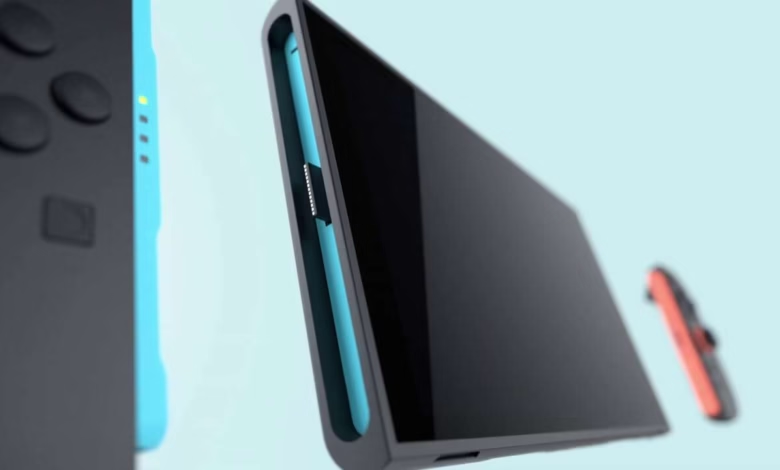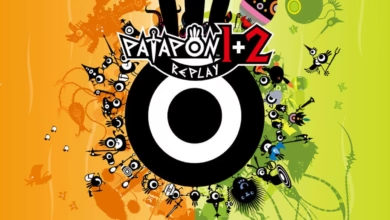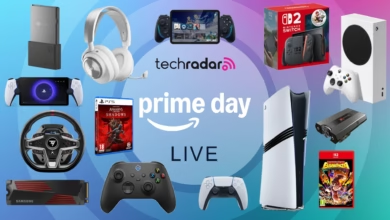Why PlayStation Never Saw Nintendo as a Real Rival

▼ Summary
– Sony viewed Xbox, not Nintendo, as its primary competitor outside Japan due to similar high-end hardware and mature game offerings.
– Nintendo was seen as targeting a different audience with family-friendly, accessible games rather than competing on technology.
– Sony excluded Nintendo from its business analyses, considering it a separate market segment appealing to younger gamers.
– In Japan, Sony regarded Nintendo as a key competitor because Xbox historically performed poorly there.
– Sony executives expressed respect for Nintendo, acknowledging its role in expanding the gaming audience overall.
Sony’s PlayStation division historically viewed Microsoft’s Xbox as its primary competitor rather than Nintendo, according to longtime executive Shuhei Yoshida. The former PlayStation veteran explained that Sony’s leadership saw Nintendo operating in an entirely different market segment with distinct audience appeal.
During a recent podcast appearance, Yoshida noted that PlayStation and Xbox shared similar hardware capabilities and targeted mature gaming audiences, while Nintendo focused on family-friendly experiences. “Inside Sony, even during business analysis, Nintendo doesn’t appear in competitive comparisons,” he revealed. The company recognized Nintendo’s strength in attracting younger players but believed many would eventually transition to PlayStation or Xbox as they grew older.
Yoshida emphasized that Sony held tremendous respect for Nintendo’s ability to expand the gaming market by introducing new players. Rather than direct competition, PlayStation executives saw Nintendo’s success as beneficial for the industry as a whole. The only exception was Japan, where Xbox struggled to gain traction, making Nintendo PlayStation’s main rival in that region.
Recent comments from Sony Interactive Entertainment’s CEO, Hideaki Nishino, further reinforced this perspective. Despite the Switch 2’s record-breaking launch performance, surpassing even the PS4’s initial sales, Nishino appeared unfazed, suggesting Sony remains confident in its positioning against Xbox rather than Nintendo.
The distinction highlights how each gaming giant carved out its own niche, with PlayStation prioritizing high-performance hardware and mature gaming experiences while Nintendo cultivated a broader, more accessible audience. This strategic divergence allowed both companies to thrive without directly clashing in most global markets.
(Source: GameSpot)





